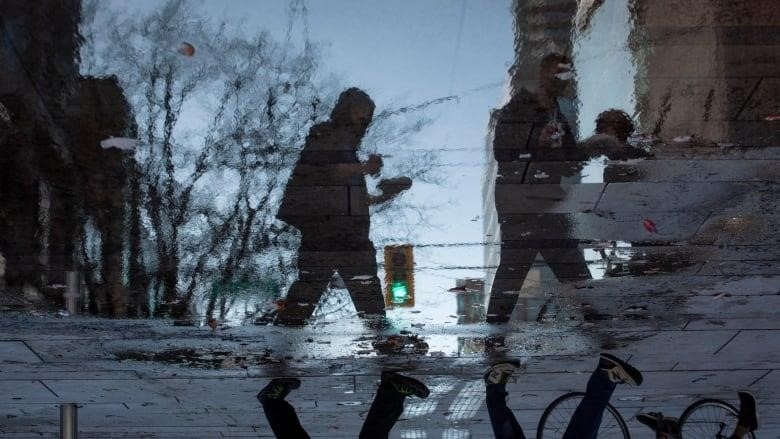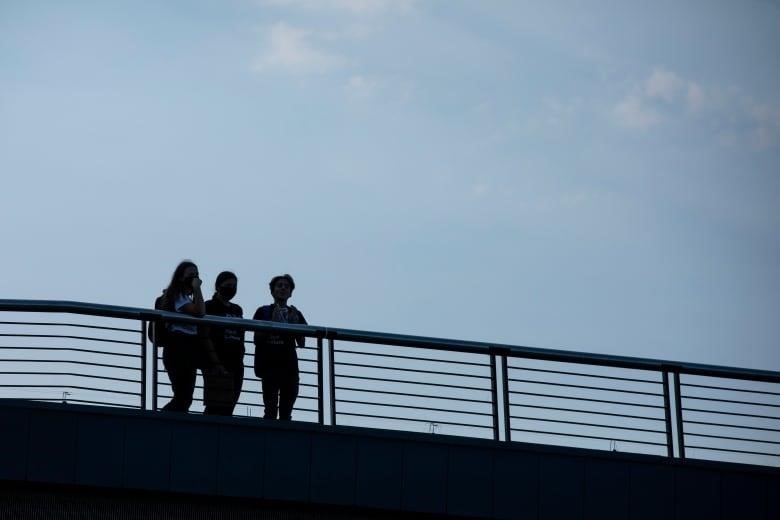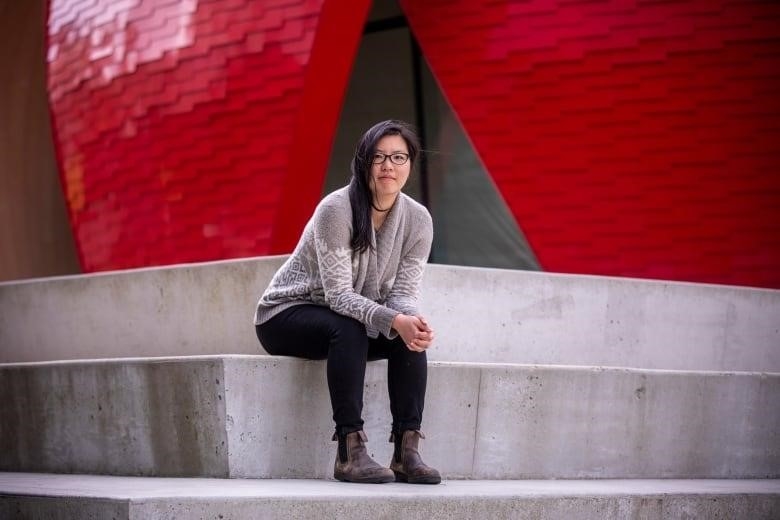
People from all over the province were attacked, but hate against Asians was “particularly acute,” according to a human rights report
According to a new report from B.C.’s human rights commissioner, the number of hate-related incidents skyrocketed during the first few years of the COVID-19 pandemic. These incidents affected people from all over the province during one of the most divisive times in its history.
The report, which came out on Tuesday, showed how hate affected people in the province at home and in public, based on race, gender, sexual orientation, religion, and other factors. The report also said that the increase in anti-Asian hate was “particularly acute.”
At a news conference, B.C. Human Rights Commissioner Kasari Govender said, “Hate is not new, but the pandemic marks a time when fear, mistrust, division, and hate have ruled our lives as a whole.”
“It’s also a time when we’ve seen an amazing amount of care from everyone,” she said. “People are much more aware of racism and how it really affects the lives of people of color, and communities have stepped up to show solidarity with those most affected and speak out against hate.”
The nearly 500-page report is the result of a thorough public inquiry that looked into why there was a rise in hate during the pandemic and made suggestions for how to stop it. Govender said that she thinks this is the first investigation of its kind in the country.
There were both words of hate and physical attacks. The report found that the government and the legal system weren’t very good at holding people accountable and that community-based organizations did a better job.
Hate incidents are defined in the report as actions or words that are motivated by hate and are meant to humiliate, dehumanize, or silence a person because of their real or perceived personal traits.

Statistics Canada said that from 2019 to 2020, the number of hate crimes reported to police in British Columbia was one of the ones that went up the most.
The number went from 1,951 in 2019 to 2,646 in 2020, which is a 35% increase. However, this number is likely still low because many people don’t report these crimes to the police.
In that year, police reports of crimes against Asian people went up by 482%, while those against Black people went up by 115%.
“That was hard to read because of all the stories and because I knew Asian seniors, women like me, and young people were especially targeted,” said Trixie Ling, who spoke out and filed a police report in 2020 after a white man called her anti-Asian slurs and spat on her in Vancouver.
In an interview on Tuesday, she said, “I think this is just the beginning of how we talk about accountability and healing, both in the government and in our own community.”
“I think this is telling us that we all need to take responsibility and work together to stop hate.”
During the pandemic, there was also more violence against women, especially by intimate partners. The commission pointed out, however, that these incidents are “rarely considered” as hate crimes by the law or by society, and that data from different authorities is not always the same.
The report made a dozen suggestions, such as setting up a central system for reporting hate crimes and making it a rule that all police departments have at least one officer who has been trained to deal with hate crimes.
The commission also asked social media sites to make a number of changes, such as changing their algorithms to make it easier to hide hateful content and stop ads from showing up next to it.
The report looked into the “mountain of evidence.
The statistics were just a small part of the mountains of evidence that the commissioner gathered through dozens of hearings, written submissions, polls, surveys, research reports, an in-person meeting with Indigenous elders, and information requests to every police department in the province.
“Once you’ve looked at this mountain of proof, it’s hard to argue that we’re not at a turning point,” the report said.
The investigation, which started in 2021, also found that the legal system can’t handle hate crimes well because there are problems from the time police report them to the time they go to court.

Many people don’t feel safe telling the police about crimes. The report said that if someone does this, police and prosecutors may not press charges against them.
The civil justice system is complicated and expensive, and the B.C. Human Rights Tribunal takes a long time to make decisions.
People did, however, find help in the community. The report says that many people told the commission how the groups and people around them gave them “strength, support, and connection.”
More to come.
